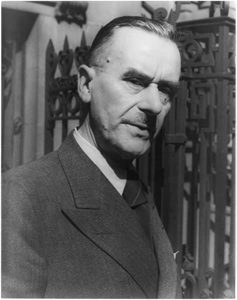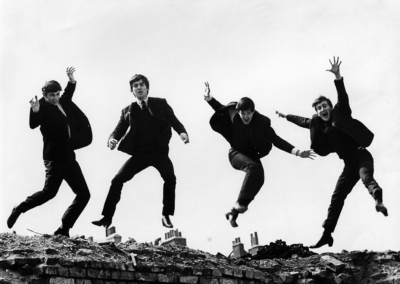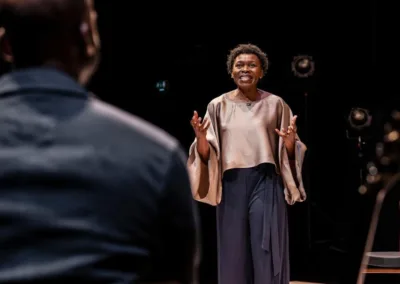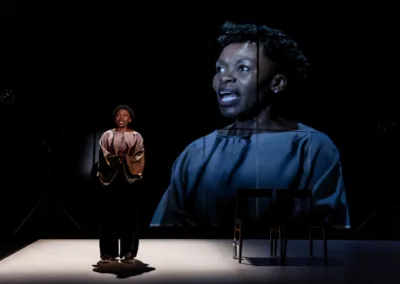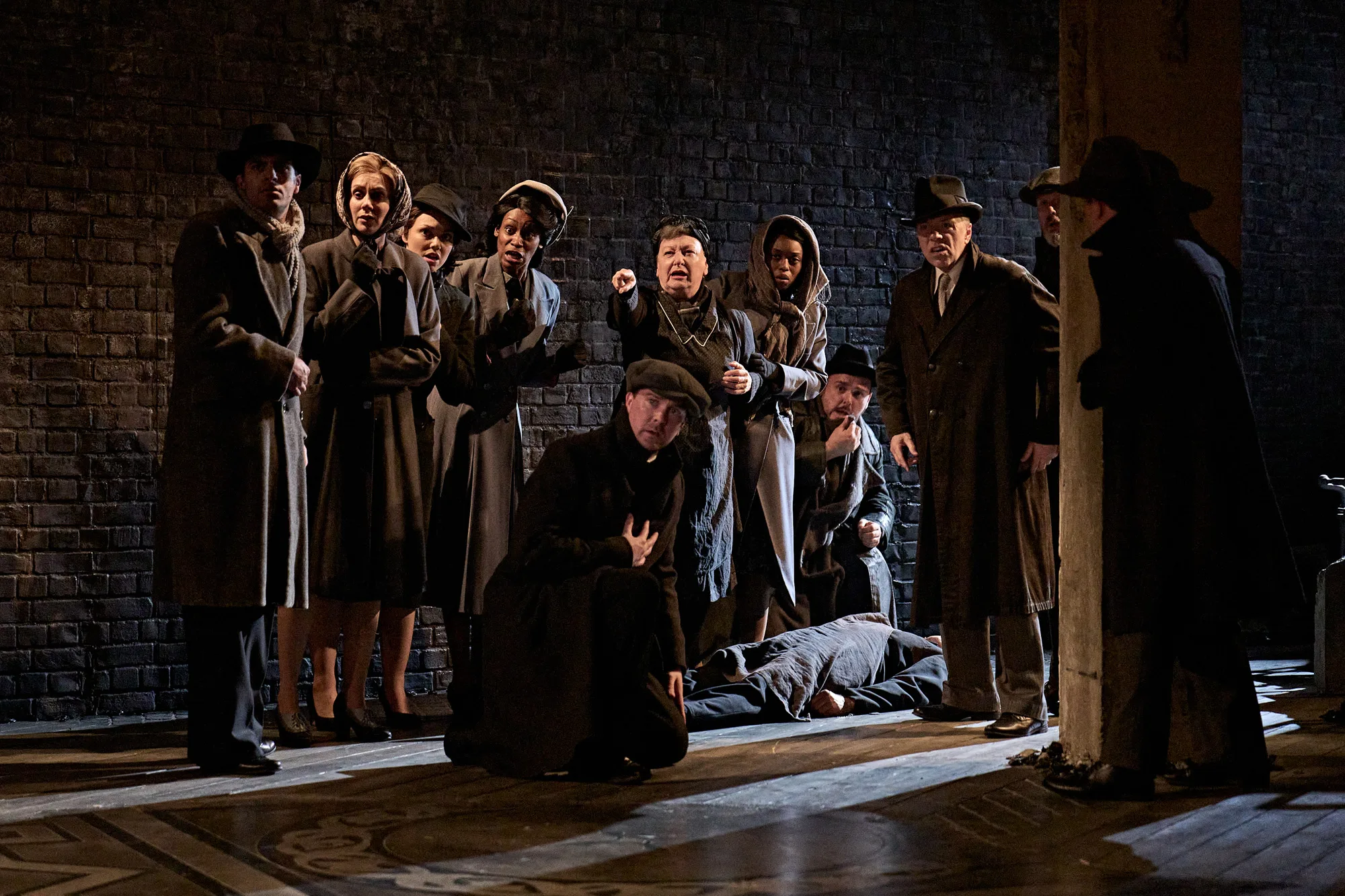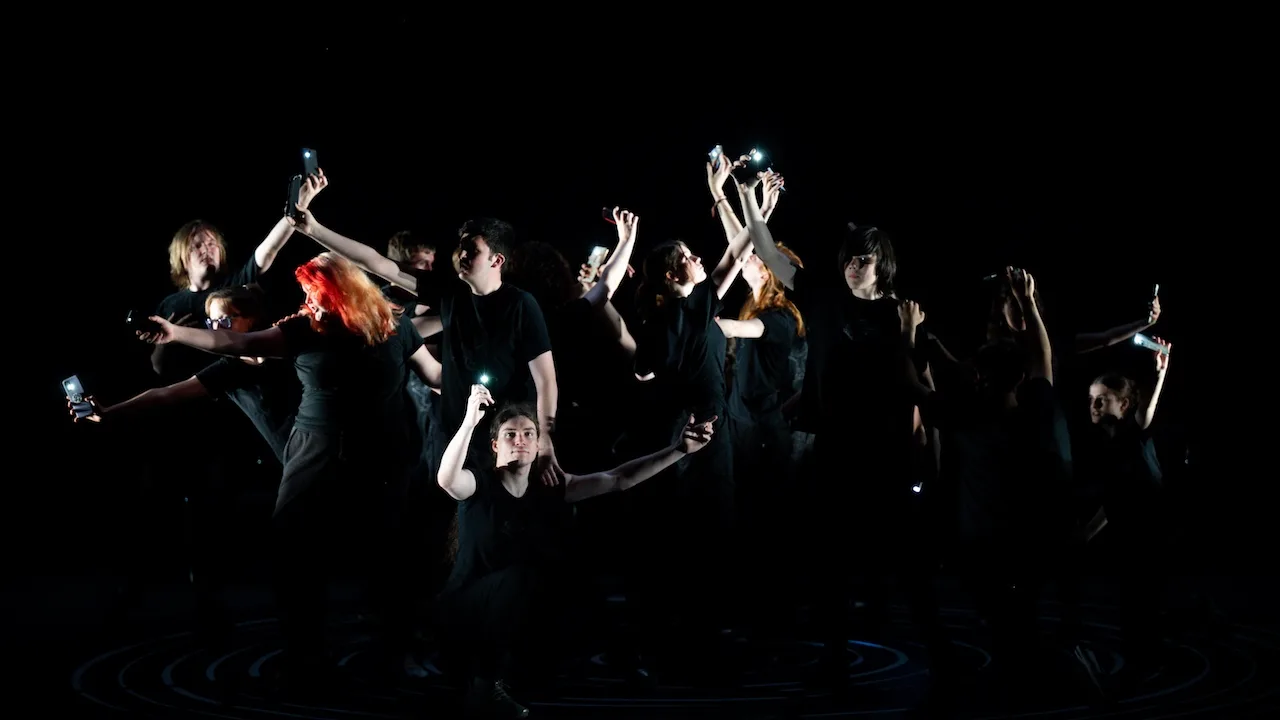
I’m ashamed to admit that I don’t graze in bookshops much these days. Most of my browsing is now online or I buy books I’ve seen reviewed or which someone has recommended. The other day, however, I found myself with half and an hour to kill and wandered into Waterstones. Inevitably I came out with two (yes, only two) books one of which was this one. I remember reading Sheila Hancock’s The Two of Us (2004) and Just Me (2009) after the death of her husband, John Thaw. And I enjoyed and admired her performance in This is my Family at Chichester in 2019. She is now 90.
Published in 2022, Old Rage is written episodically as a sort of occasional diary starting with the letter from the Palace offering her a DBE in 2020. It then pops back to 2016 and runs to June 2021 with a bit of an update for the 2023 paperback edition which takes us through to December 2022 and tells us about the day she went to Windsor Castle with her grandson, Jamie, both “looking the business,” to be invested by Prince William. Touchingly, that day, she wore the neck chain bearing the wedding rings of both her spouses (her first husband, Alex Ross also died of cancer) and her parents because she wanted to take them all with her.
It’s ruminative and often recalls incidents from long ago as well as commenting on what’s happening today. She ranges across Brexit – deeply detested because it undermines the peace, harmony and collaboration across Europe which she sees as the finest thing to come out of two world wars – ageing, Quakerism, her daughter’s cancer, life without her beloved John and, of course, Covid, the pandemic and lockdown, among many other topics.
Sheila Hancock is extraordinarily good company. She chuckles and chats as well as getting very cross about the likes of Trump and Johnson. On the other hand she has a delightful knack – perhaps it stems from her Quakerism – of quite liking people she disagrees with. She is kind, for example, about Theresa May and has a fond regard for the Royal Family despite knowing that logically she should be a republican. Classical music is her great comfort. She’s caring (work with Ukrainian families) and self-deprecating too, never really acknowledging just how good she is at what she does.
She’s ruefully funny too. She has a good anecdote, for example, about breaking up a fight in the street. She then tells us that her success wasn’t down to the Quaker anger management skills she was busily applying. The fight stopped because the perpeptrator recognised her from Celebrity Gogglebox.
Now in her tenth decade she has no illusions about her future and she’s realistic about her rheumatoid arthritis and immune system. On the other hand she’s still working and her brain is clearly in excellent nick. This is one of the most entertaining first person books I’ve read in ages. Thank you, Dame Sheila.
Next week on Susan’s Bookshelves: My Name is Leon by Kit de Waal

